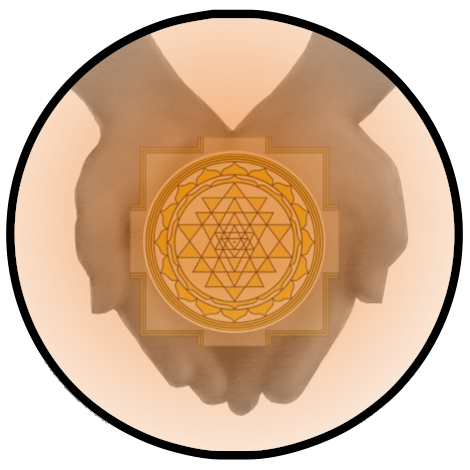Yogic Self-awareness Assessment
“Following is a Self-Awareness Assessment outline. The Self-Assessment is truly intended to be an assessment by yourself of yourself. We explore all of the following so that we can gradually, systematically come to see how they interact and create the appearance of our being separate, individuated beings. To do anything, any project, requires first seeing the current situation as it is. That is the spirit of the assessment below; it is a process of periodically reviewing where we are on this journey of uncovering false identities, being ever mindful of the goal-less goal of awakening to that preexisting unity or wholeness.”
~ Swami Jnaneshvara
This web-page works together with the What is…? section on this website. Here all the words are presented in the same order as in the Yogic Self-awareness Assessment PDF.
Download the Yogic Self-awareness Assessment PDF here.
YOGIC SELF-AWARENESS ASSESSMENT
Five States of Mind: Kshipta, Mudha, Vikshipta, Ekagra, Nirodhah
Five Efforts: Shraddha, Virya, Smriti, Samadhi, Prajna
Four Attitudes: Friendliness, Compassion, Supportiveness, Acceptance
Four Functions of Mind: Manas, Chitta, Ahamkara, Buddhi
Four Primitive Fountains: Food, Sleep, Sex, Self-preservation
Jnanendriyas: Smelling, Tasting, Seeing, Touching, Hearing
Karmendriyas: Eliminating, Procreating, Moving, Grasping, Speaking
Five vayus: Prana, Apana, Samana, Udana, and Vyana vayus
Five Bhutas/Elements: Earth, Water, Fire, Air, Space
Three Gunas: Sattvas, Rajas, Tamas
Circle Chart: Actions, Senses, Body, Breath, Conscious. Mind, Active Unconscious Mind, Latent Unconscious Mind, Center of Consciousness
Five kinds of thoughts: Pramana (correct). Viparyaya (incorrect), Vikalpa (fantasy), Nidra (sleep), Smriti (memory)
Five kleshas: Avidya, Asmita, Raga, Dvesha, Abhinivesha
Four stages of kleshas: Udaram (active), Vicchinna (separated), Tanu (attenuated), Parsupta (dormant)
Four kinds of avidya: Temporary/Eternal, Impure/Pure, Pain/Pleasure, Not-self/Self
Eight rungs of yoga: Yamas, Niyamas, Asana, Pranayama, Pratyahara, Dharana, Dhyana, Samadhi
Five yamas: Ahimsa, Satya, Asteya, Brahmacharya, Aparigraha
Five niyamas: Saucha, Santosha, Tapas, Svadhyaya, Ishvara pranidhana
Chakras: Muladhara, Svadhistana, Manipura, Anahata, Visshudha, Ajna, Sahasrara
Source of Karma: Actions/Speech/Thoughts, Ahamkara/Ego, Fulfilled/Unfulfilled, Kama, Samskaras, Primitive Urges, Avidya, Center of Consciousness
Doshas of Ayurveda: Vata, Pitta, Kapha
